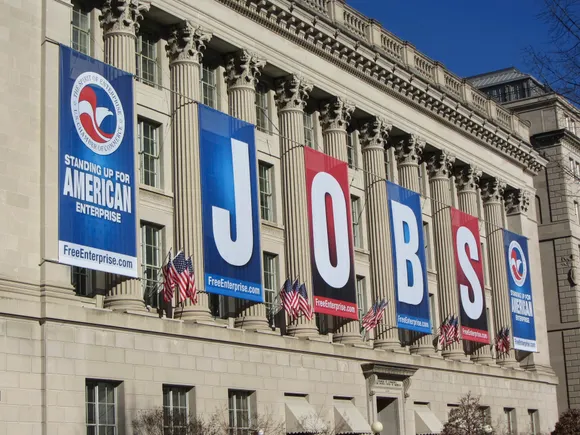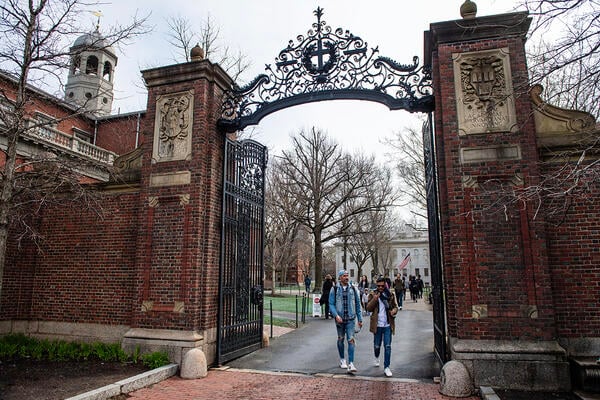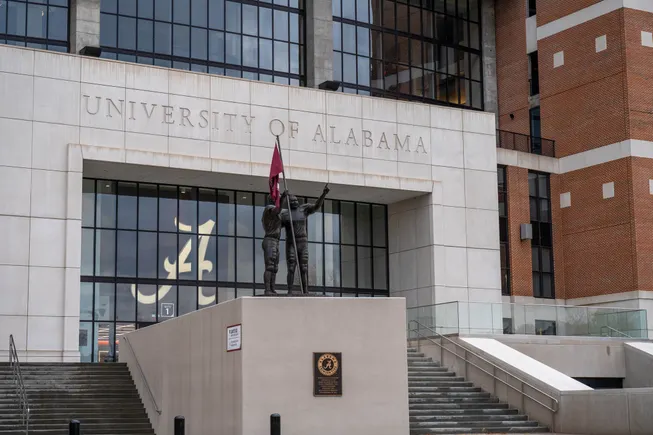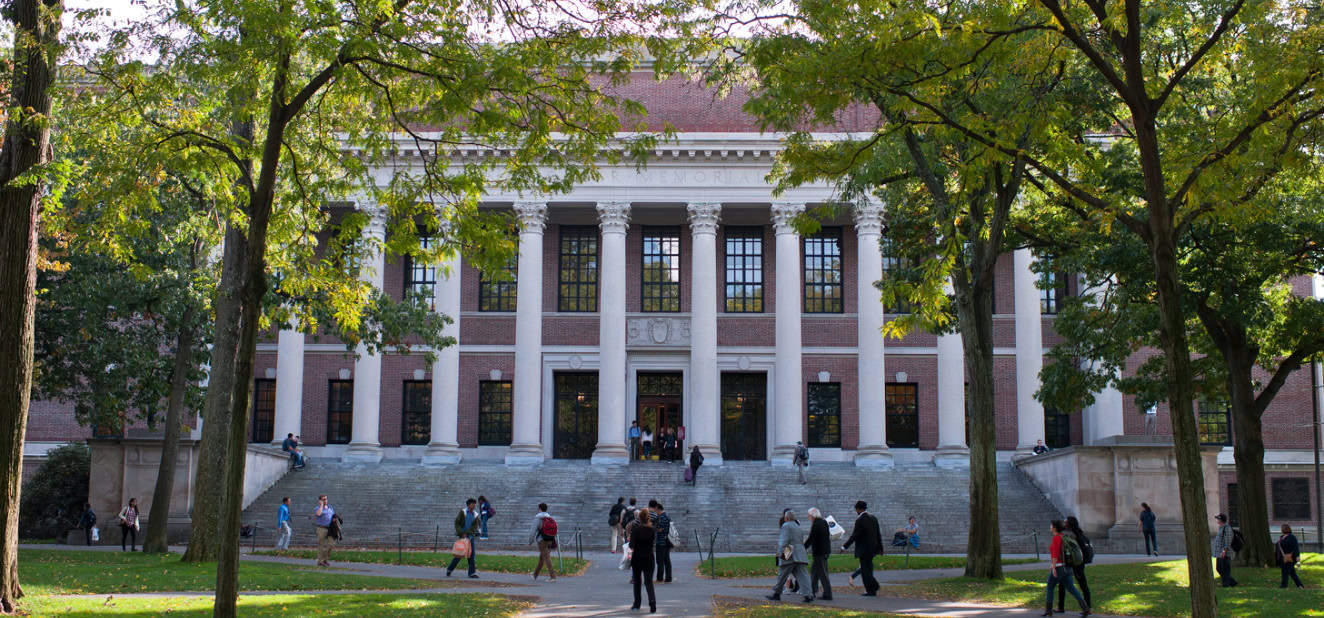Dive Brief:
- A group of faculty and students at Alabama public colleges on Monday appealed a ruling keeping in place the state’s law barring public colleges and K-12 schools from sponsoring diversity, equity and inclusion programs or having DEI offices.
- In their lawsuit against Alabama Gov. Kay Ivey and the University of Alabama’s trustees, the plaintiffs argued the 2024 law violates their free speech rights and undermines due process because it is too ambiguous for them to know what is prohibited.
- The appeal, filed with the 11th U.S. Circuit Court of Appeals, is necessary because the law “continues to undermine academic freedom and the integrity of higher education in Alabama,” according to Dana Patton, a political science professor at the University of Alabama and one of the plaintiffs.
Dive Insight:
Since Oct. 2024, Alabama law has prohibited public colleges and K-12 schools from offering any programming, training or events that base attendance on “race, sex, gender identity, ethnicity, national origin, or sexual orientation.”
The law, SB 129, also requires these institutions to designate multiple occupancy bathrooms based on “biological sex” and prohibits them from promoting or endorsing “divisive concepts.”
The legislation’s examples of such concepts include that “meritocracy or traits such as a hard work ethic are racist or sexist” and that people are “inherently racist, sexist, or oppressive, whether consciously or subconsciously” based on their federally protected personal characteristics.
Colleges can teach or discuss divisive concepts if they do so objectively and “without endorsement as part of a larger course of academic instruction,” the law says.
In January, Alabama public college faculty and students, along with the NAACP’s Alabama State Conference, sued to end the law. In addition to being too ambiguous, the legislation places viewpoint-based restrictions on what students and professors say, the lawsuit alleged.
U.S. District Judge R. David Proctor declined the plaintiffs’ request to block the new law in August, ruling that public colleges could “reasonably control” the content of their classes. He also disagreed with their argument that the law’s language is impermissibly vague.
The plaintiffs, represented by the nonprofit Legal Defense Fund and the American Civil Liberties Union of Alabama, appealed that decision on Monday.
Patton and the other professor plaintiffs argued in their appeal that Proctor had misconstrued the First Amendment by ruling that public college instructors have no right “to teach free of viewpoint discrimination,” according to a Monday press release.
“This law has created a climate of fear on campus that narrows what students can learn and what educators can teach,” Patton said in a Monday statement.
Patton reported censoring herself and changing the curriculum in “a freshman honors course that she has taught, without incident, for numerous years” following a university investigation and a threat from a state lawmaker to pull back funding for the honors program, according to the appeal.
The student plaintiffs also pushed back on Proctor’s conclusion that they hadn’t been sufficiently harmed to necessitate a preliminary injunction, arguing he had overlooked important facts and incorrectly applied the law.
“SB 129 continues to harm my campus community in the months since it went into effect, and that’s why this appeal is so important,” Sydney Testman, a student plaintiff studying at University of Alabama at Birmingham, said in a statement.
Prior to SB 129, Testman served as finance coordinator for her campus’s Social Justice Advocacy Council, according to the appeal. After the law took effect, the university closed the multicultural diversity center that had funded the council and the stipend for Testman’s position.
The University of Alabama at Birmingham cited SB 129 when eliminating funding for the council and at least one other student group, but its leaders “failed to identify which divisive concept or component” motivated the cut, Monday’s appeal said.
“I have watched our campus change overnight, as students are afraid to speak, opportunities for thoughtful engagement have disappeared, and students’ shared sense of belonging has eroded,” Testman said Monday.


![Protecting Every Marketing Dollar: How Collegis Helped Block $2.2M in Ad Waste with CHEQ [CASE STUDY]](https://blog.college-counseling.com/wp-content/uploads/2025/10/Protecting-Every-Marketing-Dollar-How-Collegis-Helped-Block-22M-in.png)





